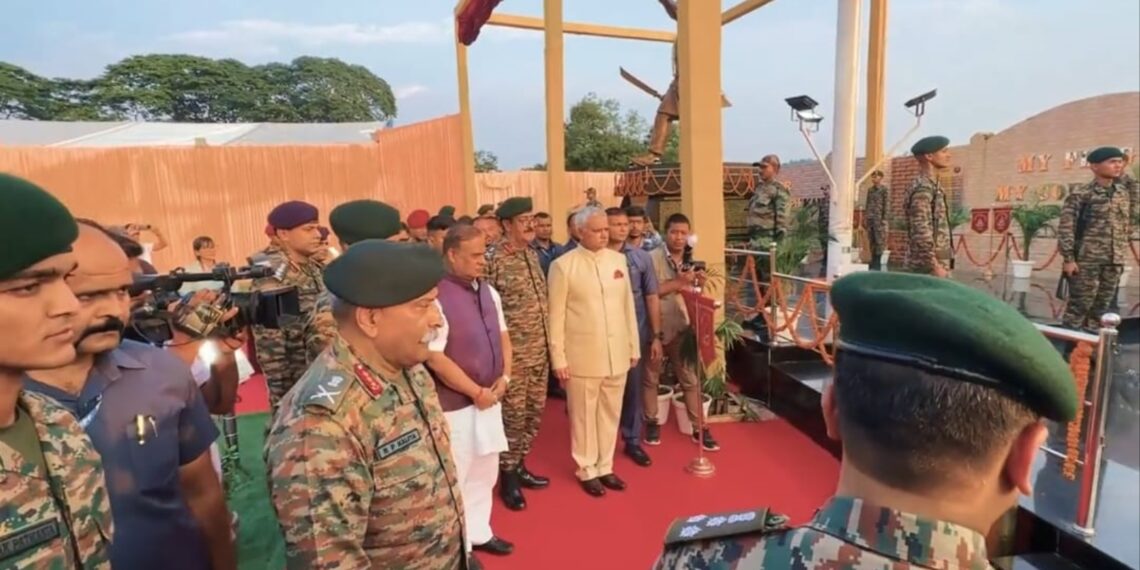GUWAHATI: Assam’s Chief Minister, Himanta Biswa Sarma, acknowledged that the Indian government has chosen a “cautious approach” in not fully revoking the Armed Forces Special Powers Act (AFSPA) from the state, despite recommendations from both the state government and Indian Army for a complete withdrawal.
“I think, the Centre has adopted a cautious approach. Although we (the state government and Indian Army) proposed a full withdrawal, our suggestion didn’t imply an immediate action,” Sarma told press, post the inaugural of a statue of Bir Lachit Borphukan at Narangi Military Station in Narangi, Guwahati.
Stating that the Centre may want to withdraw the 1958 Act in a phase-wise manner from Assam, he said, “The Centre has asked us to go in a phase-wise manner. Sometimes, the state government may not have complete reports of situations on foreign soils, which the Centre has,” Sarma said.
He asserted that the law has been extended for six months and the Centre will then assess the situation for a gradual withdrawal from all districts of the state.
With effect from October 1, the application of the Armed Forces (Special Powers) Act, 1958 (AFSPA) was extended for six more months in four districts of Assam, while withdrawing it from four other districts.
The AFSPA was extended in Dibrugarh, Tinsukia, Sivasagar and Charaideo for another six months, while it was withdrawn from Jorhat, Golaghat, Karbi Anglong and Dima Hasao from October.
Eastern Command General Officer Commanding-in-Chief Lt Gen Rana Pratap Kalita, who was also present at the event, said that Assam and Northeast have been very peaceful in recent years and the credit goes to the Army, Central Armed Police Forces, state police and the common people.
Earlier in the day, unveiling the statue of Ahom General Borphukan at Narengi Military Station, the Chief Minister lauded the efforts of the Army in the last four decades in bringing peace to Assam.















